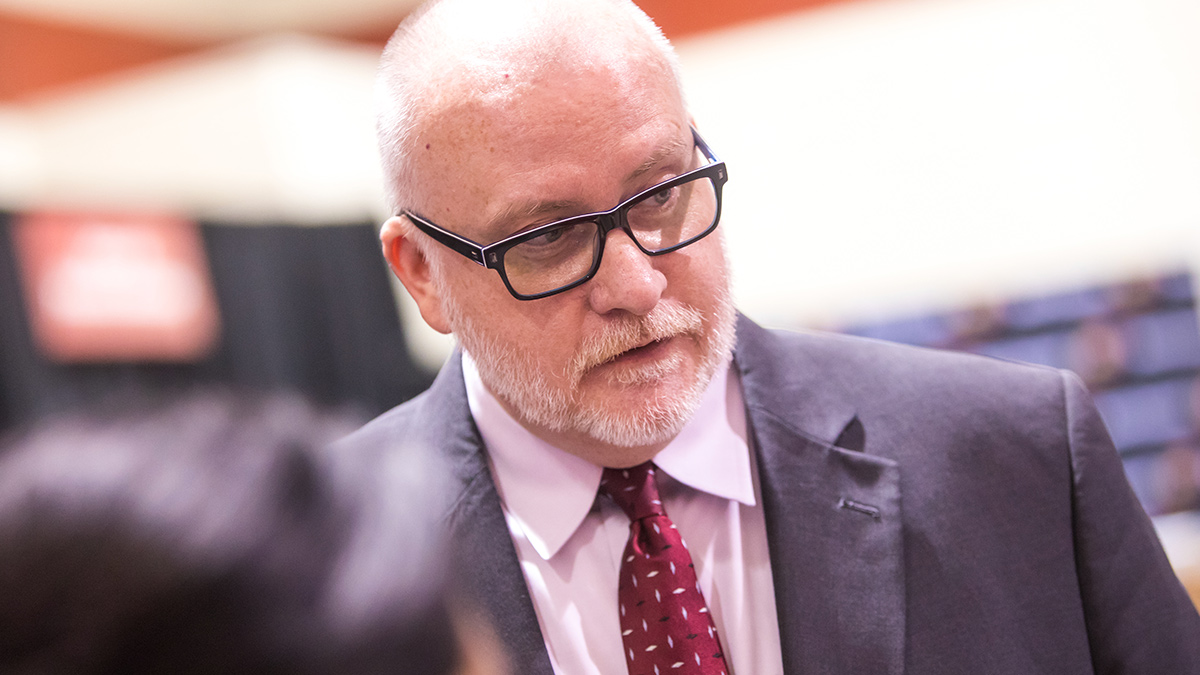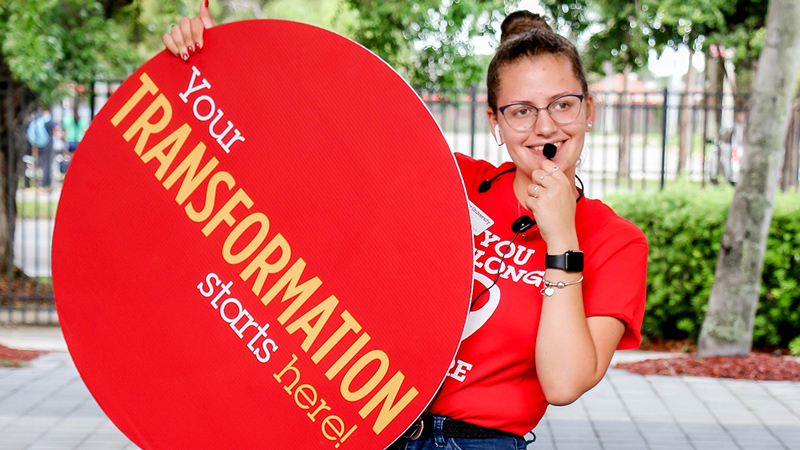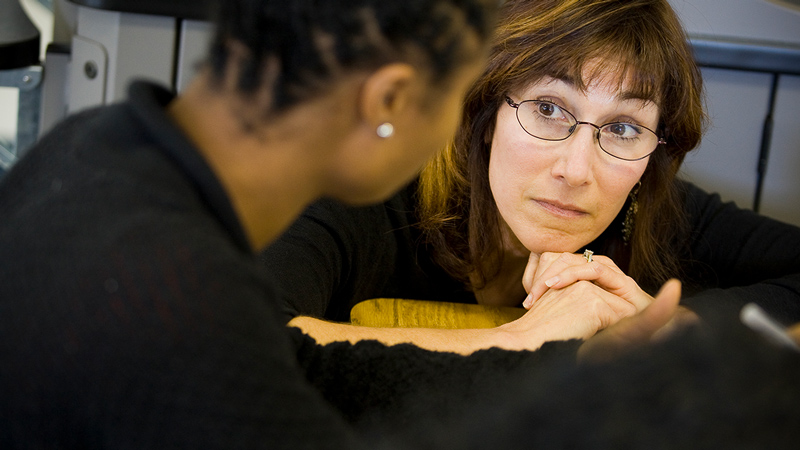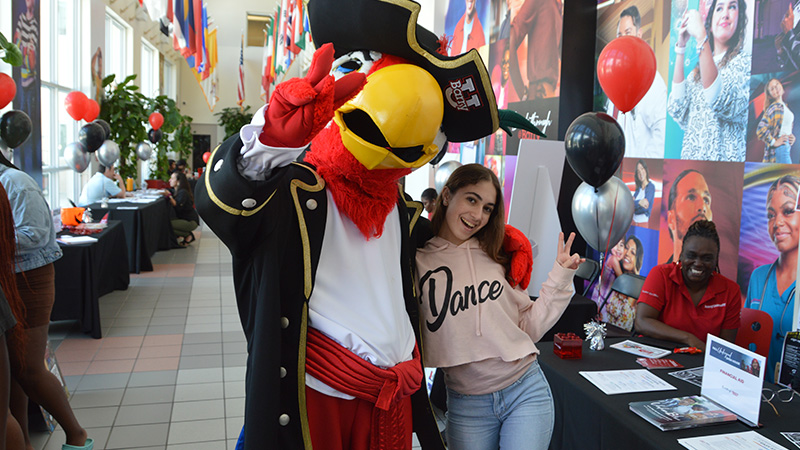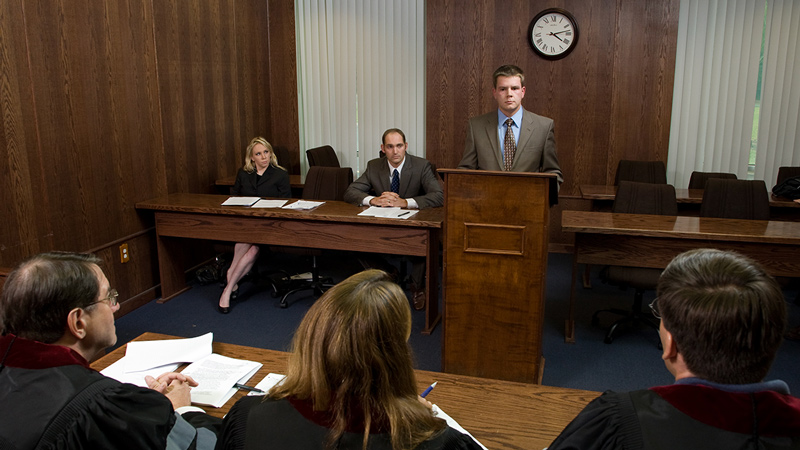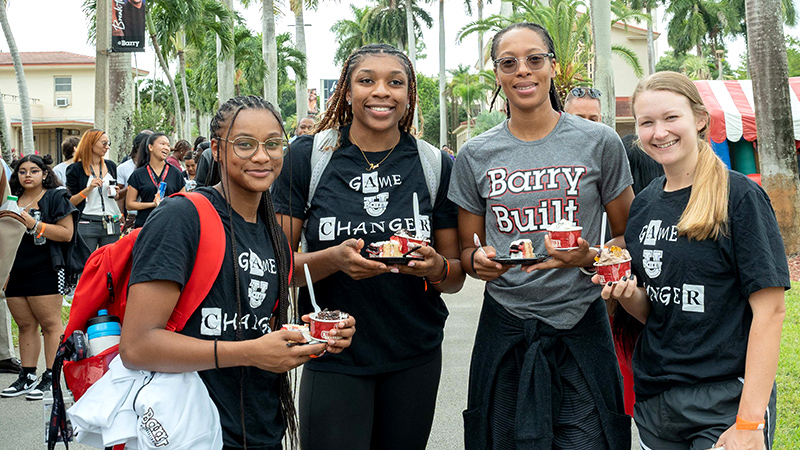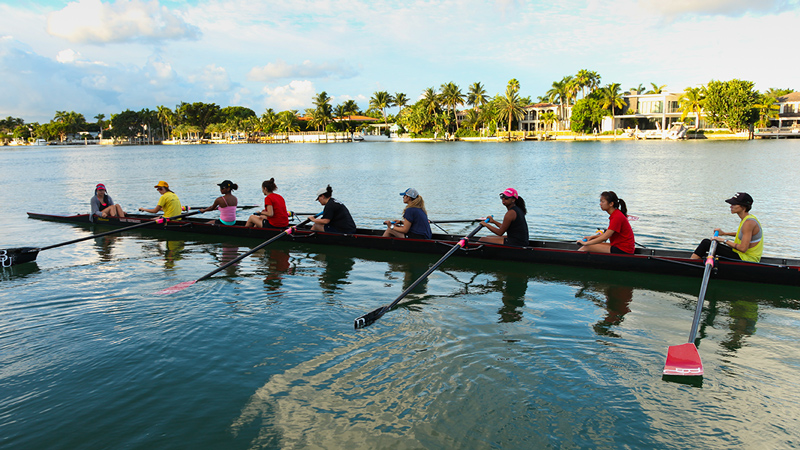The Biomedical and Forensic Photography specialization is for students with a combined interest in photography, biology, and criminal justice.
The Bachelor of Arts (B.A.) in Biomedical and Forensic Photography is a 61 credit major. An integral part of this program is a 21 week intensive internship at the Forensic Imaging Bureau of the Miami-Dade County Medical Examiner’s Office. This provides the student with an opportunity to work alongside professionals in this specialized field. Acceptance into the Biomedical and Forensic Photography 21 week intensive internship is dependent on the completion of the Biomedical and Forensic Practicum (a 3-credit on-site practicum taken during summer), and approval by the Director of the Forensic Imaging Bureau.


